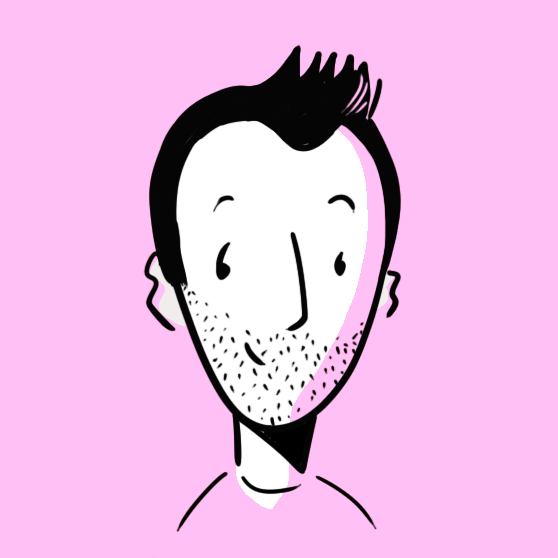Chances are you’re good at some things and bad at others.
As humans, we naturally bias toward improving our weaknesses because they’re easy to see. If someone says, “You look beautiful in every possible way today, but there’s some blueberry on your teeth” we focus on the blueberry, and not how beautiful we look in *every other way*.
In school, I was terrible at maths but good at drawing. So, naturally, mum enrolled me in after-school maths (not after-school art) to try to improve my weakness. With a lot of work, and a lot of time, I went from terrible at maths to slightly-less-terrible. Meanwhile, other students who were naturally strong at maths just got stronger. No matter how hard I worked, I could never equal their mathematical prowess. I hated every minute of that maths tutoring.
School measured us all individually. It focussed on personal gain and achievement. It promoted the belief that each individual should and could be great at everything. It trained us to believe that we shouldn’t (and couldn’t) rely on one someone else to help us achieve great things.
But now, as an adult, I know better. Now, I take a collaborative and strengths-based approach to the work I do. I spend all of my time getting better at the things I’m already good at. What about my weaknesses? Well, it’s important that I know them so that I avoid wasting time trying to improve them. But I don’t need to be great at everything. No one does. Instead, it’s far easier, enjoyable and efficient to seek others who are great at what I’m not, so we can use each other’s strengths and work together to produce exceptional work. Work that can’t be produced by a single person. Work that is greater than the sum of its parts; work that matters.
